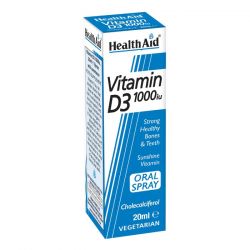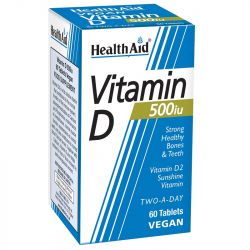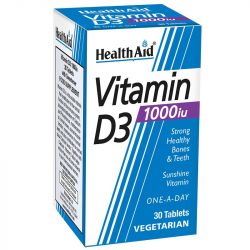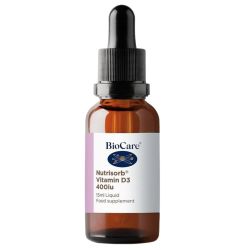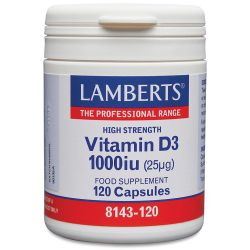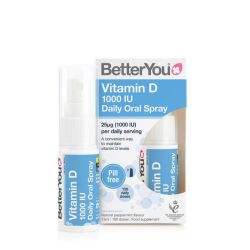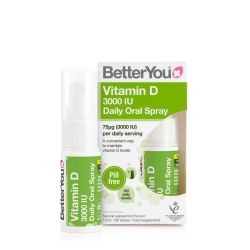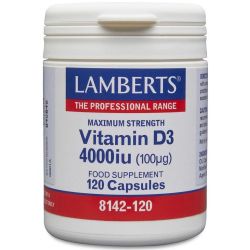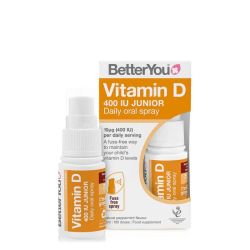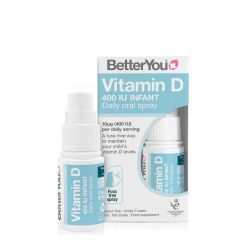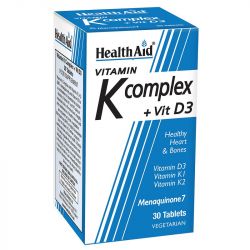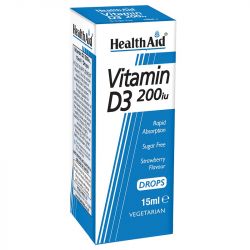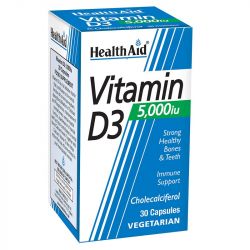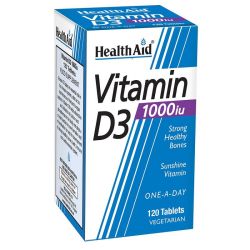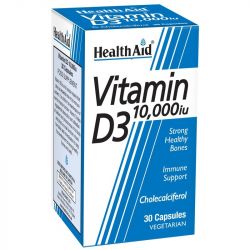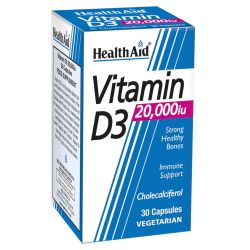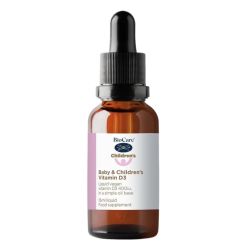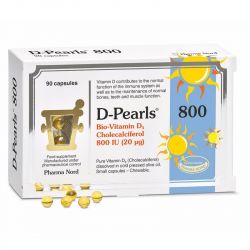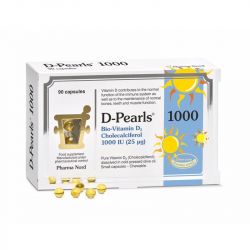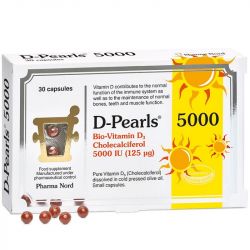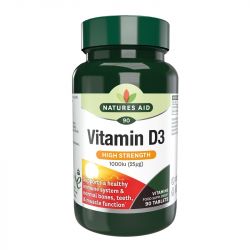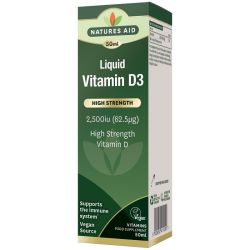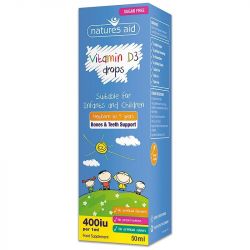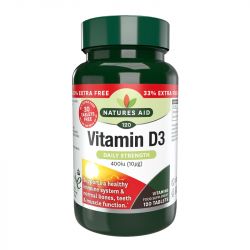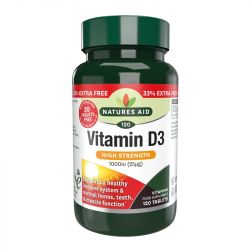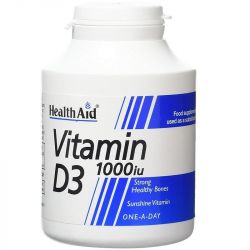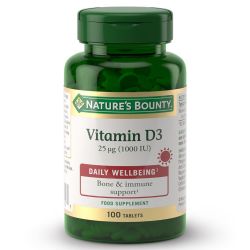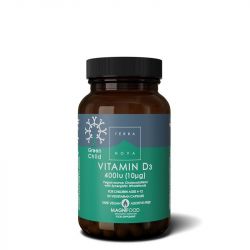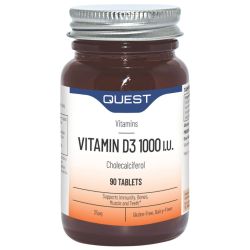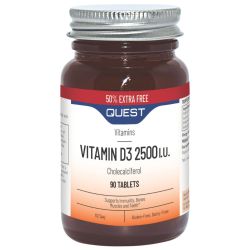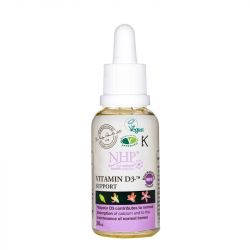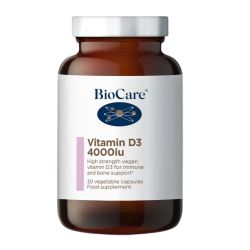Vitamin D Supplements
Vitamin D has several important roles – for example, it helps control the amount of calcium and phosphate in your body, which are needed to keep your bones and teeth healthy.
It is particularly important for children as they grow up, ensuring that they avoid bone deformitites, weak bones or other similar conditions.
Vitamin D supplements are available in every form needed. You can choose vitamin D liquid or spray, for children or those who have trouble swallowing, or capsules and tablets, for those who want an easy way to boost their vitamin D. Buy yours today!
- Nature's Aid Vitamin D3 400iu (10ug) Mini Drops for infants & children 50mlSpecial Price £5.59 Regular Price £7.45
All you need to know about Vitamin D
How can I get Vitamin D naturally?
Sunshine! Vitamin D is most easily absorbed by exposing your skin to the sun. The UV rays of the sun cause a process that helps cholesterol convert into Vitamin D.
It is important to keep in mind that if you wear sunscreens then this might limit the amount of Vitamin D you are able to absorb. The sunscreen blocks the UV rays of the sun, thus limiting the absorbtion of Vitamin D. Please do remember that UV rays have a lot of potentially harmful effects too and can cause cancer so it is better to wear a sunscreen than to not.
In addition it's also important to consider your skintone when it comes to obtaining Vitamin D3 naturally from the sun. Darker skin tones contain more melanin and this means that UV rays can't absorb as much. This means that darker skinned people should consider supplementing slightly higher strengths of Vitamin D compared to lighter skinned people.
Can I get Vitamin D from food?
You can get Vitamin D naturally from foods including fish, milk and certain types of mushrooms. Many grain cereals are also fortified with Vitamin D to help boost your intake.
What is the difference between Vitamin D2 and Vitamin D3?
Vitamin D2 is traditionally found naturally in plants like mushrooms whereas Vitamin D3 comes from animal-sourced foods like Fish.
When you get Vitamin D2 into your diet the body converts it into Vitamin D3 as this is the form that the body can make use of. This process is not very efficient so a lot of Vitamin D2 is wasted by the body in the conversion process.
Can I overdose on Vitamin D?
Yes. Vitamin D is fat soluble and this means it is stored in the body. Although you would need to very high doses (e.g. 10,000iu per day) for a long period of time it is possible to overdose on Vitamin D3. A Vitamin D3 overdose would result in the body storing too much calcium and would most likely result in nausea and vomitting.

